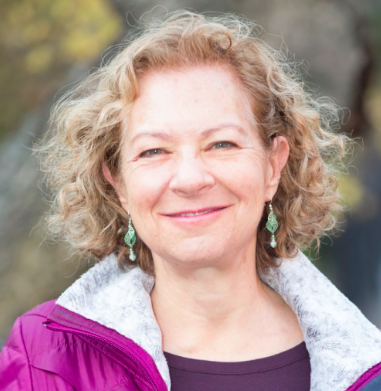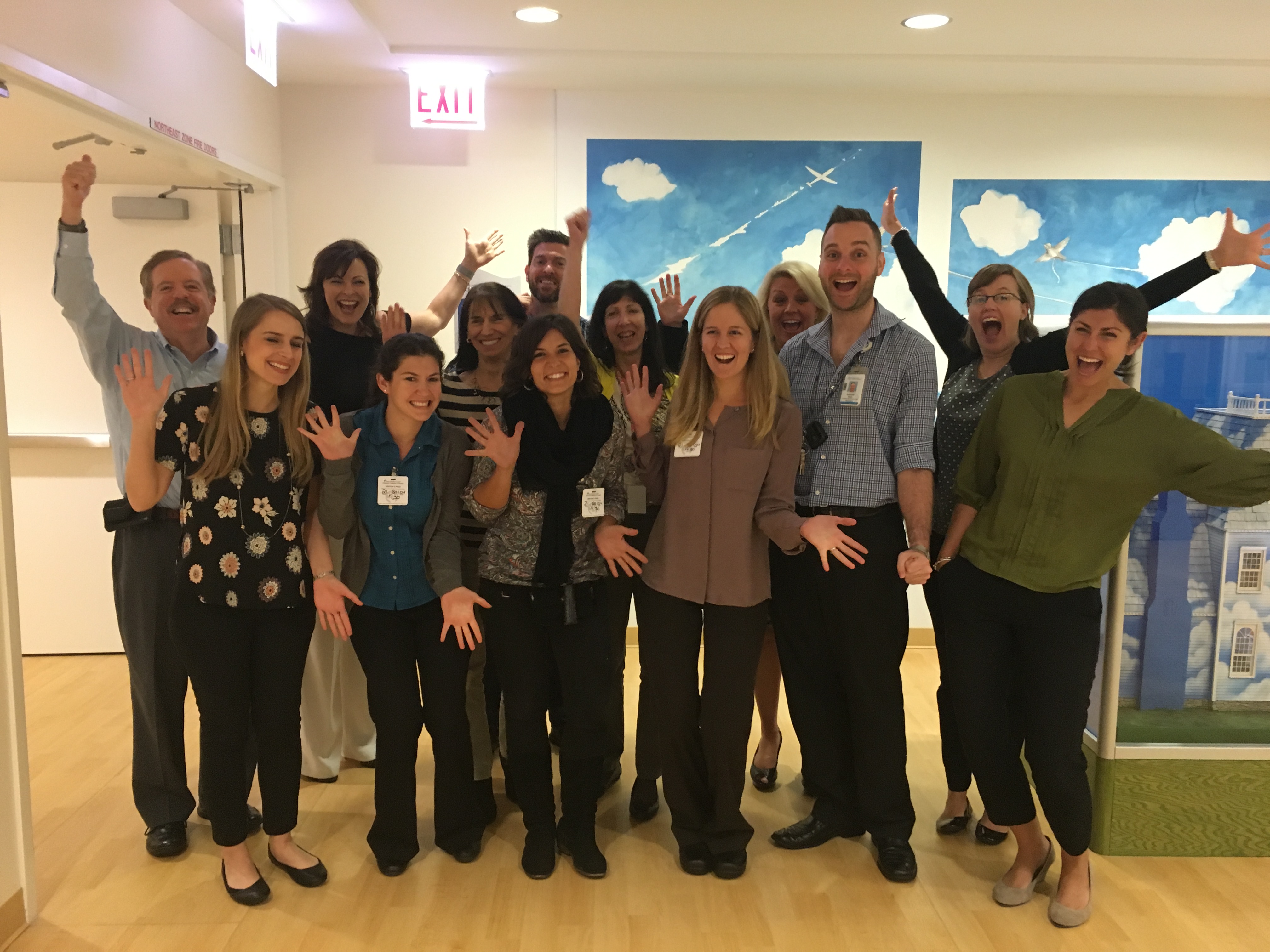Last summer JDRF, the premiere organization funding type 1 diabetes (T1D) research for a cure, began training T1D-specific psychologists. Three graduate psychology students joined JDRF’s fellowship program dividing their time between working with patients and research.
JDRF’s National Director of Mission, Dr. Nicole Johnson, is spearheading the project. Knowing Nicole, I know this is a mission of the heart. “I’m so proud JDRF is making this one of its priorities.” said Johnson, “It’s an area in which patients have long gone underserved. Scarily few professionals exist compared to the need.”
Understanding the “lived experience” of type 1 diabetes
Type 1 diabetes may be the most intensely self-managed condition. Every day, as someone with T1D, I must make dozens of calculations (guesses really) around food, exercise and how much insulin to inject to keep my blood sugar in a normal range. Bad guesses have serious consequences.
It’s stressful. Even after having the condition 45 years, any day can bring feelings of frustration, anger, guilt, exhaustion or overwhelm managing this relentless condition.
At the same time T1D has bestowed benefits. I, and many people, manage to thrive – often not despite, but because of, our diabetes. Many say it’s made them stronger, more resilient and more compassionate. I believe it’s made me healthier and given me a sense of purpose. Academic research shows people living with diabetes who hold a positive story around their illness experience less stress and greater well being.
Thus understanding the “lived experience” of T1D can give psychologists greater empathy and rich stories to draw from to help those who are struggling, and enable people to create a more positive narrative for themselves.
Johnson, who got type 1 diabetes at age 19, knows personally the fear and sadness that can creep into a day living with type 1 diabetes. She also says it’s brought opportunities and strengthened her character. Not long after her diagnosis in 1999, Johnson became the first Miss America diabetes activist. Today she’s praised for her advocacy work, has earned a doctorate in Public Health and is raising a young daughter.

Dr. Nicole Johnson. Photo courtesy of Nicole Johnson.
Early results of the program
Through their clinical work JDRF’s fellows have touched more than four hundred people with diabetes and their loved ones. “For people with type 1 diabetes, to be able to engage with a psychologist or social worker who understands what they’re living with, is magical,” says Johnson.
Not only has the program changed the fellows – one student wants to serve in a community diabetes organization after graduation – but all three institutions where they were placed, the University of Florida, University of Massachusetts and Chicago Hospital, have changed how they care for people with diabetes and their families.
New learning brings new opportunities
Having psychologists who understand the lived experience of type 1 diabetes gives us an opportunity to change another practice. To add positive stories about living with type 1 diabetes to the negative ones. To learn how people who are doing well, do well and how those who adopt a more positive narrative, do that. We can then share this learning with patients, providers and research organizations to the benefit of all.
In July the fellowship program begins again for four new students and runs through June 2019. October of this year JDRF will be seeking candidates for the summer program of 2019.
Program fellows meet national and international diabetes leaders, get involved with their local JDRF chapter, take part in monthly diabetes educational calls and are invited to share their research at the end of their fellowship at JDRF’s annual scientific conference.


